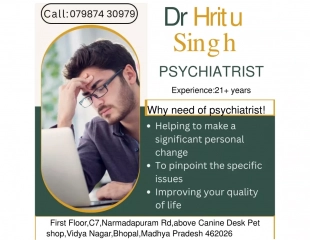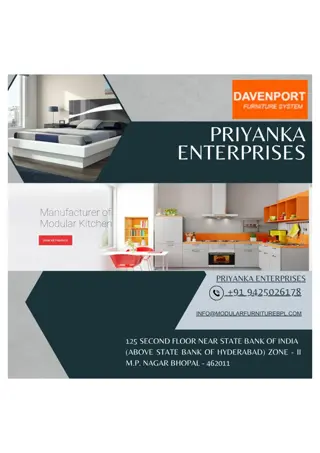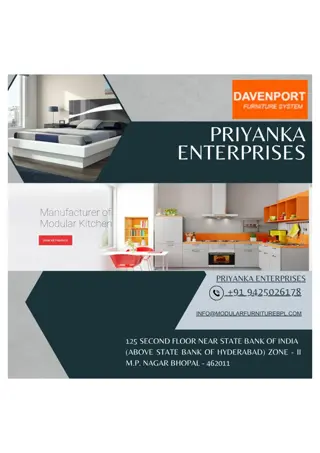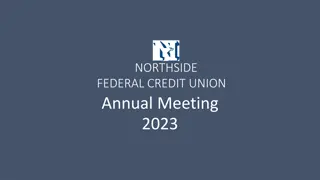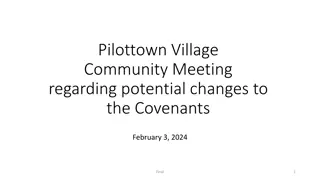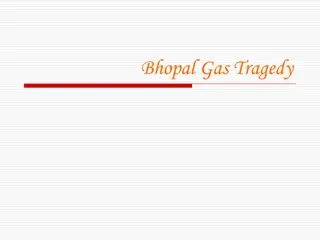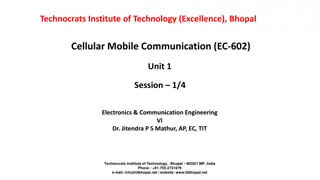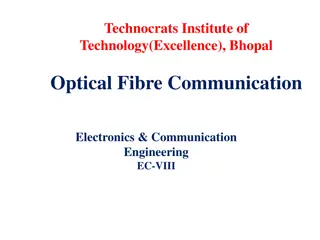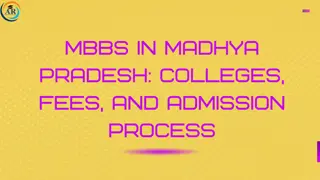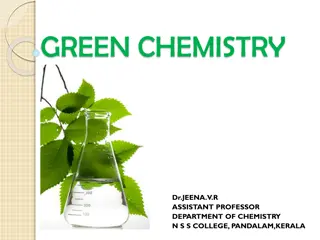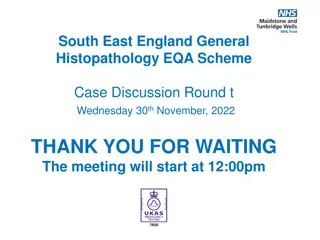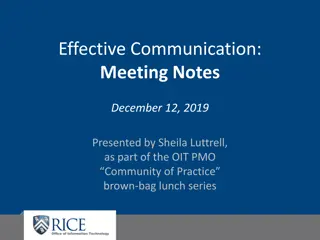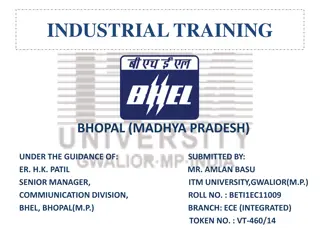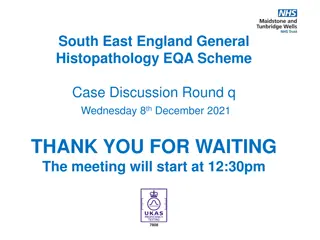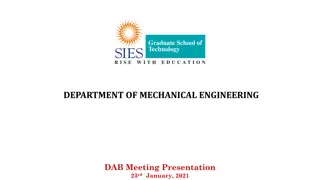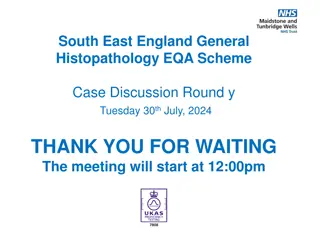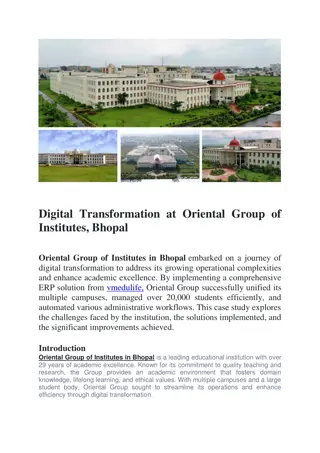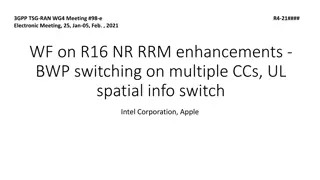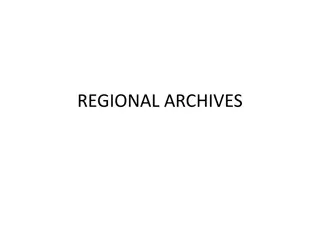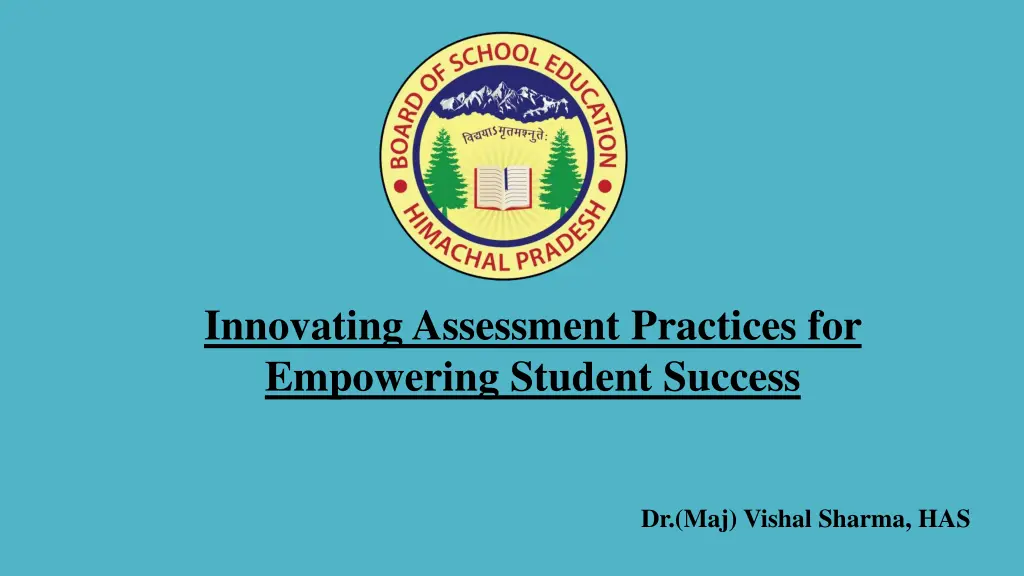
Revolutionizing Assessment Practices for Student Empowerment
Explore the evolution of assessment practices in education, focusing on the shift towards innovative methods to empower student success. Discover the limitations of traditional assessments, the need for engaging assessments, and how the landscape is evolving to prioritize holistic skill development. Delve into the differences between NCF 2005 and NCF 2023, emphasizing personalized learning experiences and diverse assessment strategies. Gain insights into the current assessment process and the adaptation to cater to varying student strengths and needs.
Download Presentation

Please find below an Image/Link to download the presentation.
The content on the website is provided AS IS for your information and personal use only. It may not be sold, licensed, or shared on other websites without obtaining consent from the author. If you encounter any issues during the download, it is possible that the publisher has removed the file from their server.
You are allowed to download the files provided on this website for personal or commercial use, subject to the condition that they are used lawfully. All files are the property of their respective owners.
The content on the website is provided AS IS for your information and personal use only. It may not be sold, licensed, or shared on other websites without obtaining consent from the author.
E N D
Presentation Transcript
Innovating Assessment Practices for Empowering Student Success Dr.(Maj) Vishal Sharma, HAS
INTRODUCTION Came into existence in 1969. Headquarter shifted from Shimla to Dharamshala in 1983 Conducts following examinations Board Exams 10th & 12th Class Competition Exams HPTET November & July D.El.Ed. CET EMRS Entrance test SOS 8th, 10th & 12th Classes for dropout students of the State As many as 3 Lakh candidates annually appear in the examination
ASSESSMENT LANDSCAPE Understanding the Current Landscape Examination the limitations of Traditional Assessment Methods Need for Need for Innovative Innovative Assessments Assessments Focus on Focus on Student Student Engagement Engagement Standardized Standardized Testing Testing Limitations Limitations Future Ready Future Ready Skills Skills Development Development We students with essential skills that go beyond rote memorization, critical thinking must equip our Current practices must prioritize engagement to prepare learners for challenges and success There is a growing demand for alternative assessment methods that engagement accurately learning Standardized tests often fail to reflect student learning and skills, hindering progress. student true enhance fostering real-world future and potentially measure
A S S E S S M E N T E V O L U T I O N Key Differences : NCF 2005 vs NCF 2023 Key Differences : NCF 2005 vs NCF 2023 Understanding the Evolution of Assessment Practices Education 01 01 02 02 NCF 2005 NCF 2023 Focus on traditional assessment methods such as exams and rote memorization. Emphasizes innovative strategies that foster critical thinking and creativity. Limited flexibility in curriculum delivery and assessment strategies. Encourages diverse assessment methods including project-based and formative assessments. Emphasis on standardization which may not cater to diverse learning needs. Focuses on personalized learning experiences to accommodate different student strengths.
Present Assessment Process Regular Subjects Vocational Subjects Introduces for classes 9th to 12th . Level 1 (9th & 10th ) and Level 2 (11th & 12th ). Assessment is done by the Awarding Bodies i.e., NSDC & respective Sector Skills Council (SSC). Certificates sample certificates are provided by the SSCs to the HPBOSE Certificates printed by HPBOSE and sent to the different schools through DIETs. The present process is lengthy and time consuming as HPBOSE is dependent on Awarding Bodies (SSCs and NSDC) for sharing of certificates, which leads to delay in Certification of the candidates. HPBoSE as Awarding Body through NCVET recognition as for approving positions school boards as key contributors to the implementation of the NEP 2020 and the NCrF, while also enhancing their credibility, relevance, and quality assurance in the educational and skilling landscape Conducts examination for 10th & 12th Classes Online registration/examination forms Online allotment of Roll Numbers & Examination Centres Collection of Answer Books from Dropping Centres at Headquarters Affixing FRs on all A/Books Evaluation at Spot Centres Online Practical & INA marks feeding through school user ID Feeding of Award Lists through App at spot evaluation centre. Collection of Realtime data of Awards through App 15-20 days early declaration of examination results
A S S E S S M E N T C H A L L E N G E S Challenges in Traditional Assessment Methods Identifying Limitations to Innovate Future Education Assessments 01 01 Limited Measurement of Student Limited Measurement of Student capabilities capabilities Traditional assessments often fail to capture diverse skills and talents, Traditional assessments often fail to capture diverse skills and talents, leading to an incomplete understanding of student abilities. Lack leading to an incomplete understanding of student abilities. Lack of both co curricular and curricular and non non- - curricular activities. curricular activities. of both co- - 02 Overemphasis on Rote Memorization Focusing heavily on memorization and hinders critical thinking and problem- solving skills, essential for real-world applications. 03 Inability to Adapt to Individual Learning Needs Standardized assessments do not accommodate different learning styles, resulting in inequitable evaluation of student performance. 04 Lack of Real-Time Feedback Mechanisms Without timely feedback, students miss opportunities for improvement, which can affect their overall learning experience.
C H A L L E N G E S & S O L U T I O N S Implementation Challenges and Solutions Implementation Challenges and Solutions Addressing Barriers to Innovative Assessment Practices in Education Challenges Challenges 01 02 03 Resistance to change Training Needs Professional Development Opportunities Heavy workloads can lead to reluctance in adopting new assessment methods, hindering innovation. Effective training on new practices is crucial for successful implementation and staff confidence. Ongoing professional development ensures staff are equipped with the necessary skills for innovation. Solutions Solutions Workshops are being organized to enhance assessment skills and to motivate teachers to adopt new assessment method. A core group of about 100-150 teachers is being trained who will further train teachers throughout the State
Introduction of New Pattern of Question Papers Introduction of New Pattern of Question Papers 29 29 30 August, 2024 30 August, 2024 Competency Based Question Papers Competency Based Question Papers 20% MCQ HOT Questions Situation based Competency based 25 25 26 September, 2024 26 September, 2024 Stepwise Marking Scheme Apart to Board Classes (10th & 12th). HPBoSE has also restructured question paper of non Board Classes i.e. 3rd, 5th & 8th . Introduction of OMR Sheets.
Introduction of Credit Framework (NCrF-2023) Designed keeping in view 3600 Holistic development of students. Integration between Experiential and Vocational Learning. In order to promote experiential learning and deviate from rote memorization practical/project work are being introduced. Out of 7 credits earmarks 2 credits will be provided for practical learning. Prepared Credit Framework for classes 3rd, 5th, 8th and 9th to 12th and being implemented on pilot basis in all Adarsh Vidhyalyas of the State. Topics such as Health and Physical Education, Art Education, Project Work Experience, General Studies are covered under internal Assessment with 5 credit points. Workshop on Holistic Progress Card for the Schools is being organized on 15-16 October, 2024.
IT INTEGRATION IT INTEGRATION In Examination Process IT Integration IT Integration For Empowering Students Hardware Inhouse IT Team Software Fully computerized system of result preparation Transmission from physical server to cloud system All examination centres equipped with CCTV cameras Control & command centre for realtime monitoring of examination process OMR sheets for Section A consisting of MCQs, 20% assessment will be free of human error
IT Integration for empowering students IT Integration for empowering students Fully online system of registration. Last 10 years certificates are available on digilocker. Duplicate certificate are now being provides online. Registration Fully Online SOS SOS Certificates Available on digilocker HPTET HPTET Certificates Available on digilocker Software being developed will provide mock tests which will enable real time tracking of assessment Question bank Question bank being developed being developed On demand Examination student 3 3rd rd Stage Stage 1 1st st Stage Stage 2 2nd Stage Stage nd
A S S E S S M E N T O U T C O M E S Expected Outcomes of Innovative Assessments Expected Outcomes of Innovative Assessments Transformative practices enhance student engagement and readiness for future challenges Better Learning Outcomes Enhanced Future Readiness Improved Students Engagement Innovative assessment techniques actively involve students, increasing their motivation and participation in learning activities. These practices lead to deeper understanding and retention of knowledge, resulting in higher academic performance. Students develop critical skills and competencies that prepare them for both educational advancements and career demands.
Thanks Thanks

